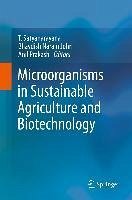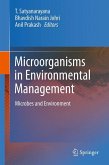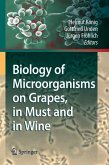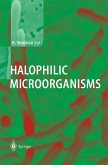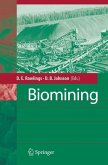The last 40 years have seen rapid strides made in our appreciation of the diversity of environmental microbes and their possible benefits to sustainable agriculture and production. The advent of powerful new methodologies in microbial genetics, molecular biology and biotechnology has only quickened the pace of developments. The vital part played by microbes in sustaining our planet's ecosystems only adds urgency to this enquiry. Culture-dependent microbes already contribute much to human life, yet the latent potential of vast numbers of uncultured-and thus untouched-microbes, is enormous. Culture-independent metagenomic approaches employed in a variety of natural habitats have alerted us to the sheer diversity of these microbes, and resulted in the characterization of novel genes and gene products. Several new antibiotics and biocatalysts have been discovered among environmental genomes and some products have already been commercialized. Meanwhile, dozens ofindustrial products currently formulated in large quantities from petrochemicals, such as ethanol, butanol, organic acids, and amino acids, are equally obtainable through microbial fermentation. Edited by a trio of recognized authorities on the subject, this survey of a fast-moving field-with so many benefits within reach-will be required reading for all those investigating ways to harness the power of microorganisms in making both agriculture and biotechnology more sustainable.
Dieser Download kann aus rechtlichen Gründen nur mit Rechnungsadresse in A, B, BG, CY, CZ, D, DK, EW, E, FIN, F, GR, HR, H, IRL, I, LT, L, LR, M, NL, PL, P, R, S, SLO, SK ausgeliefert werden.

